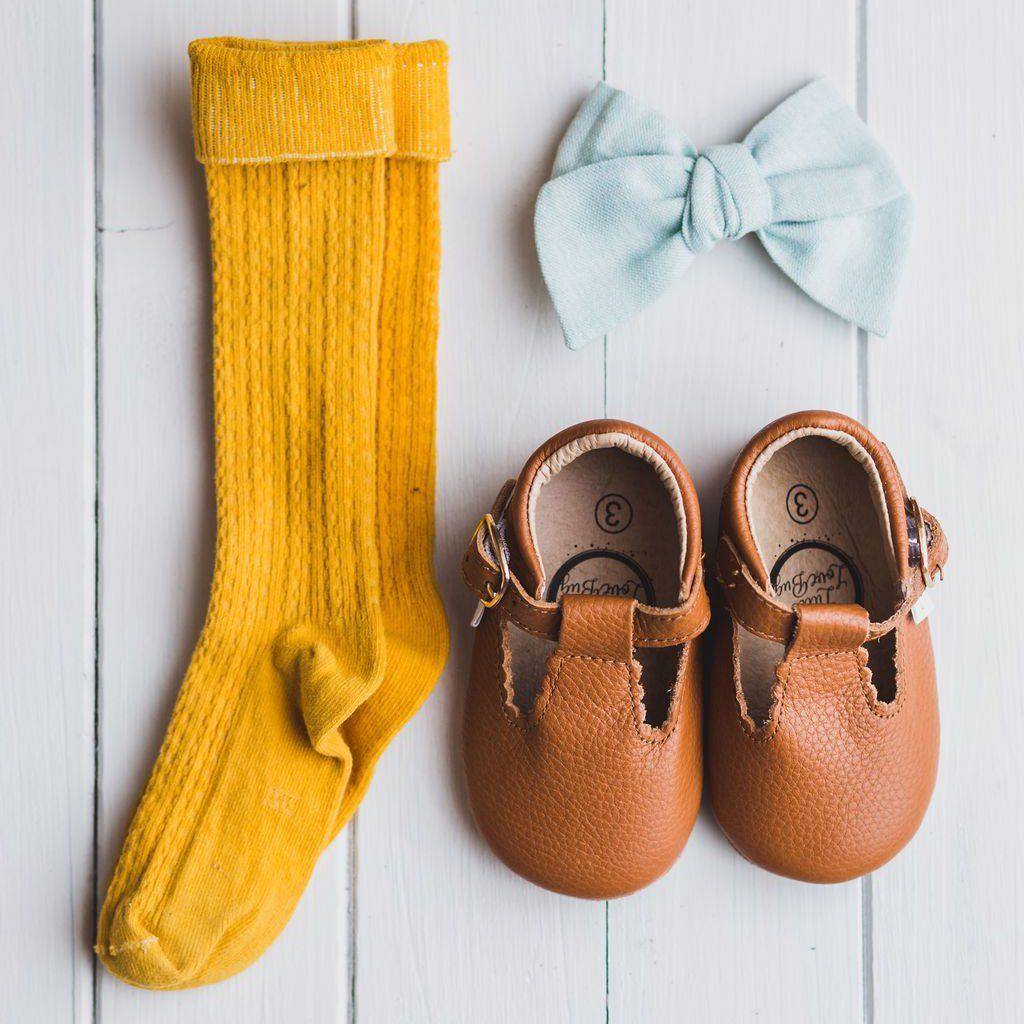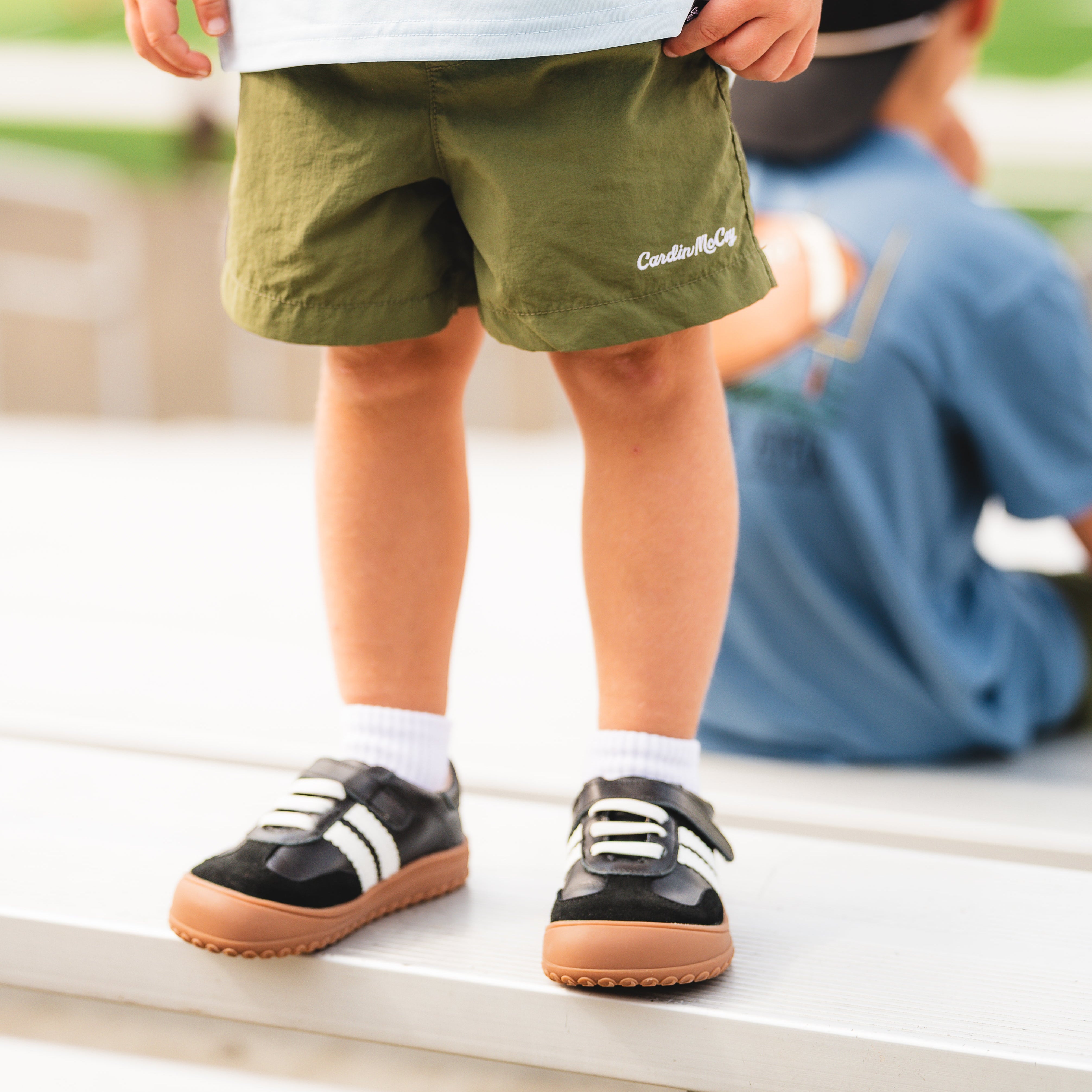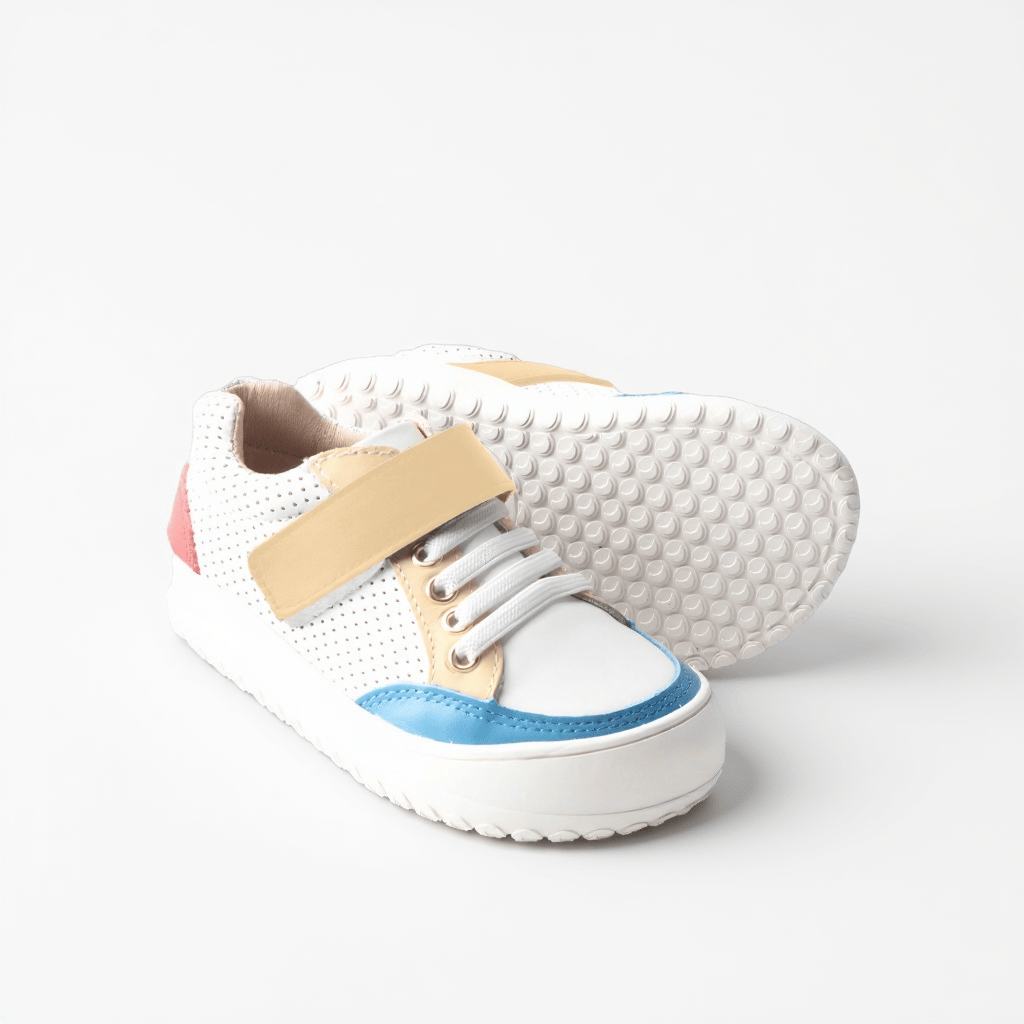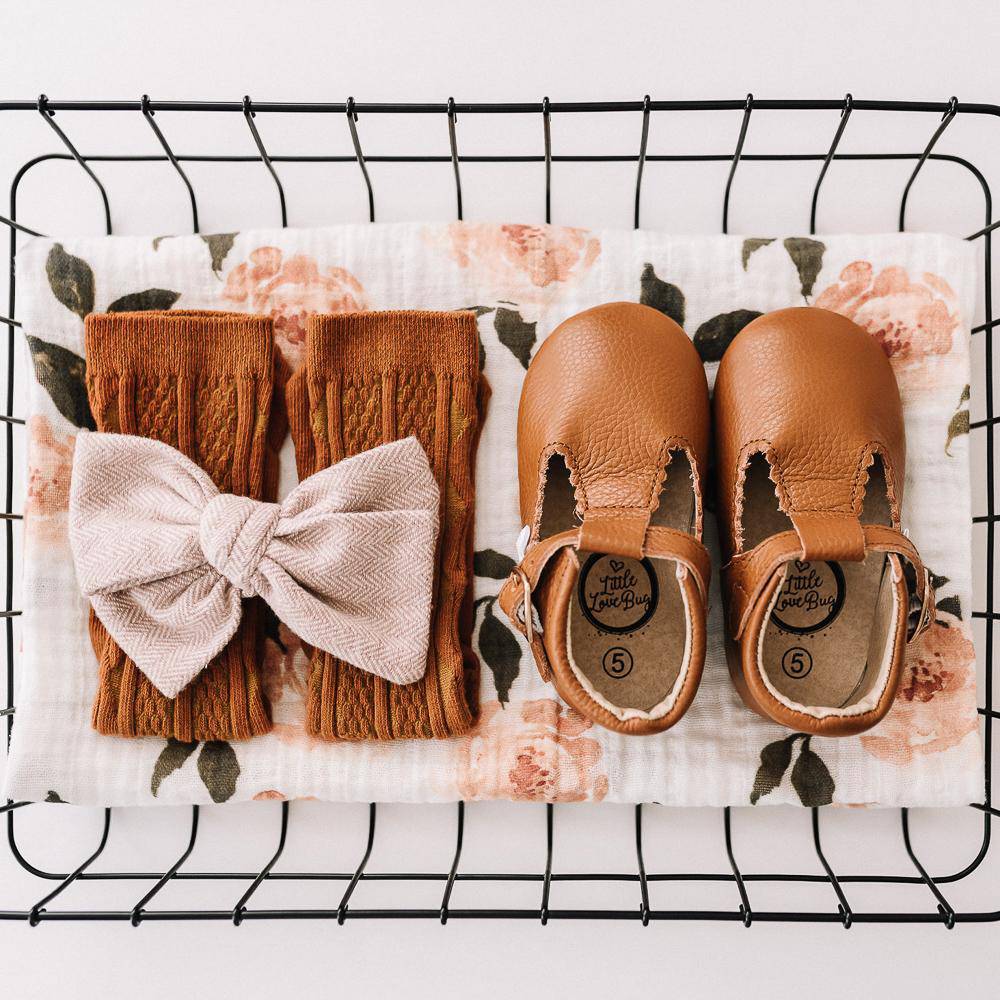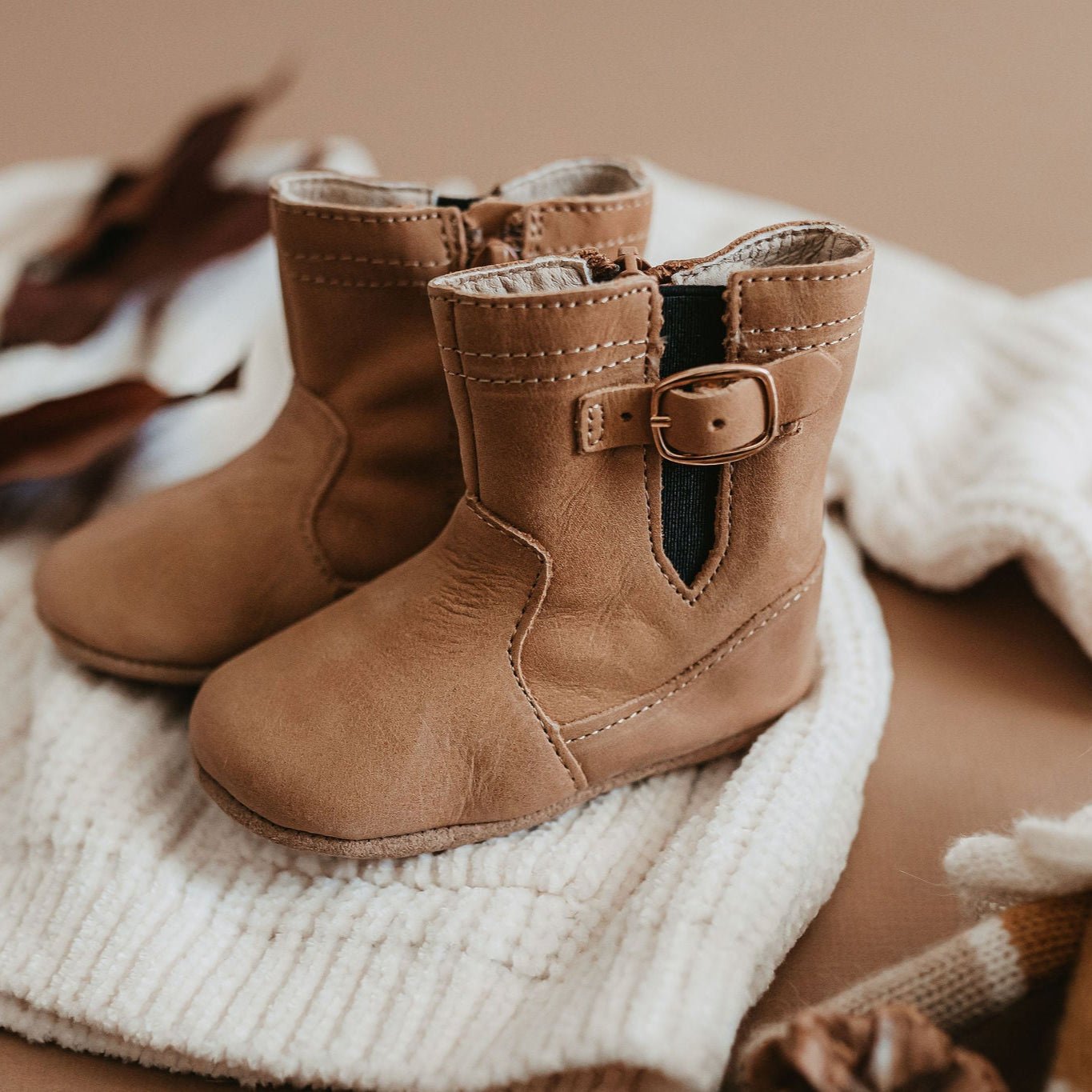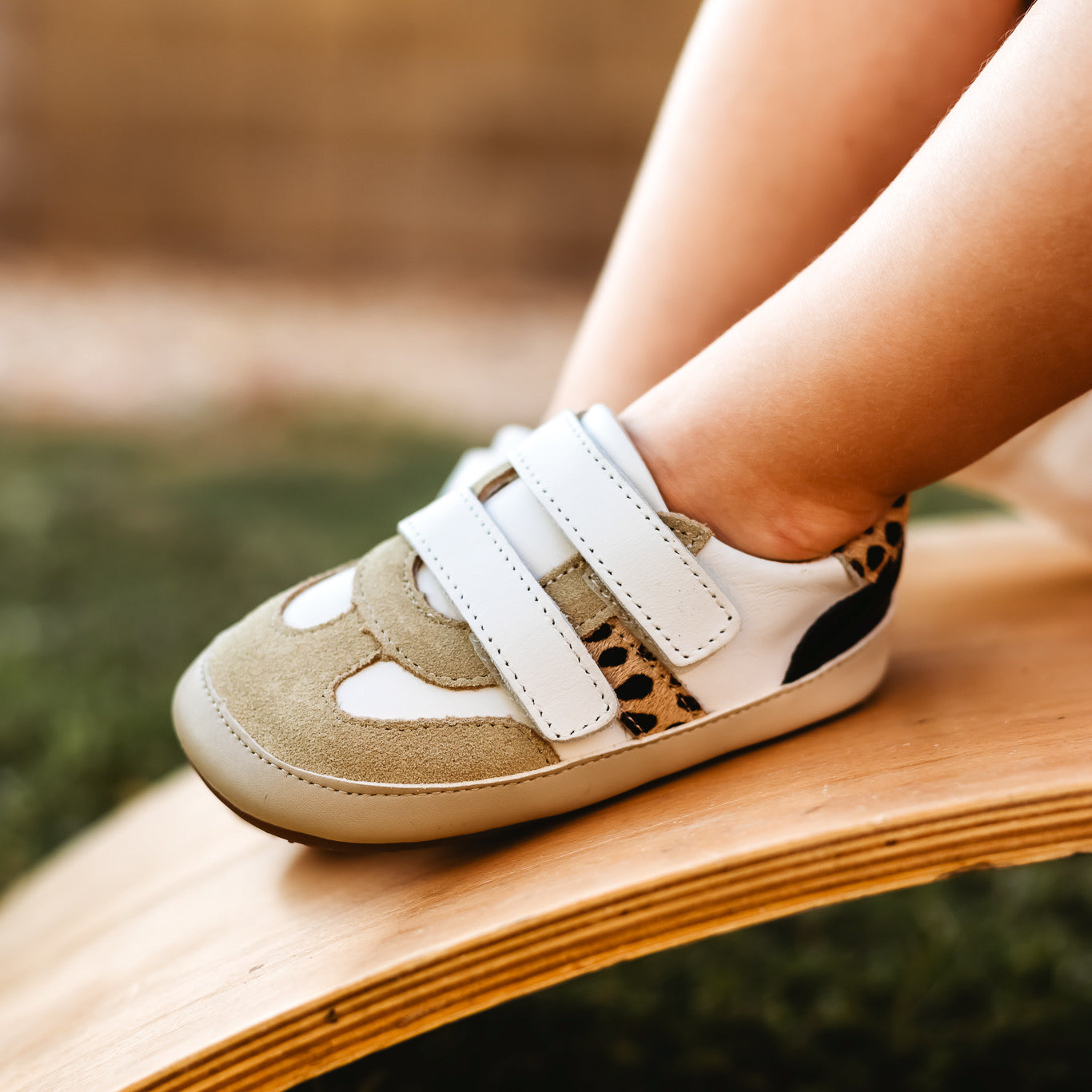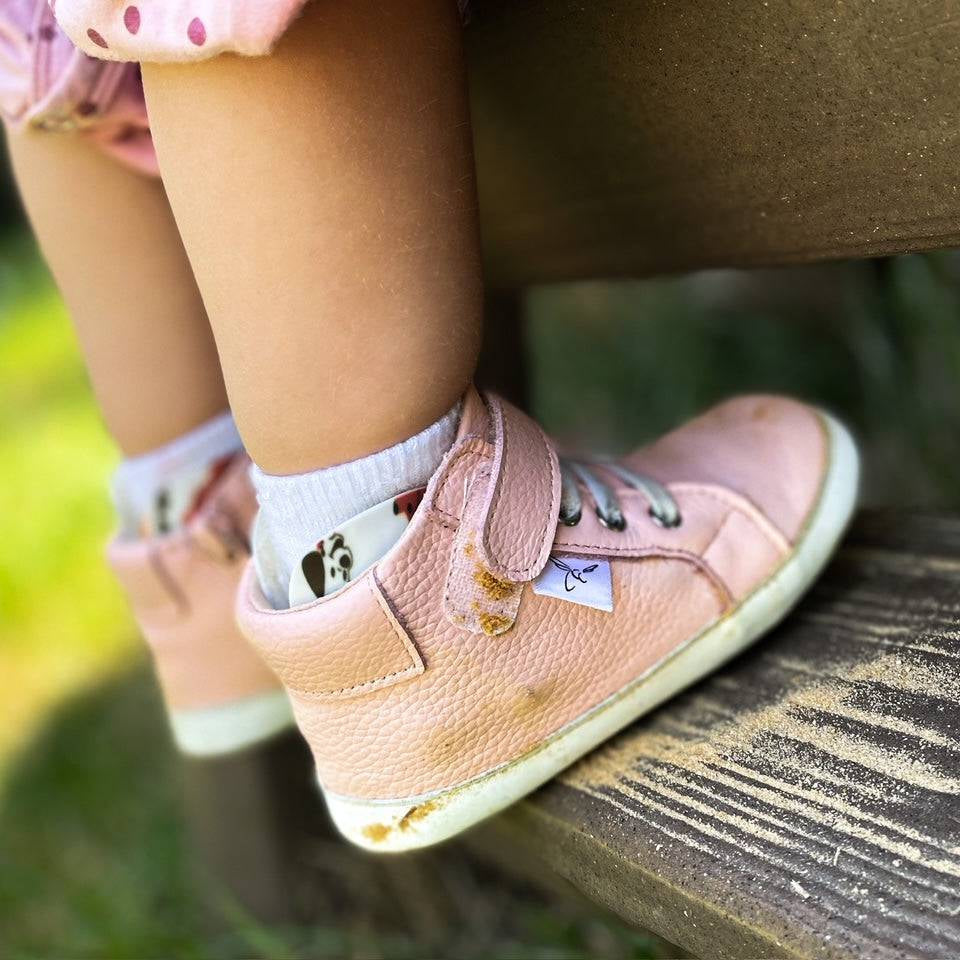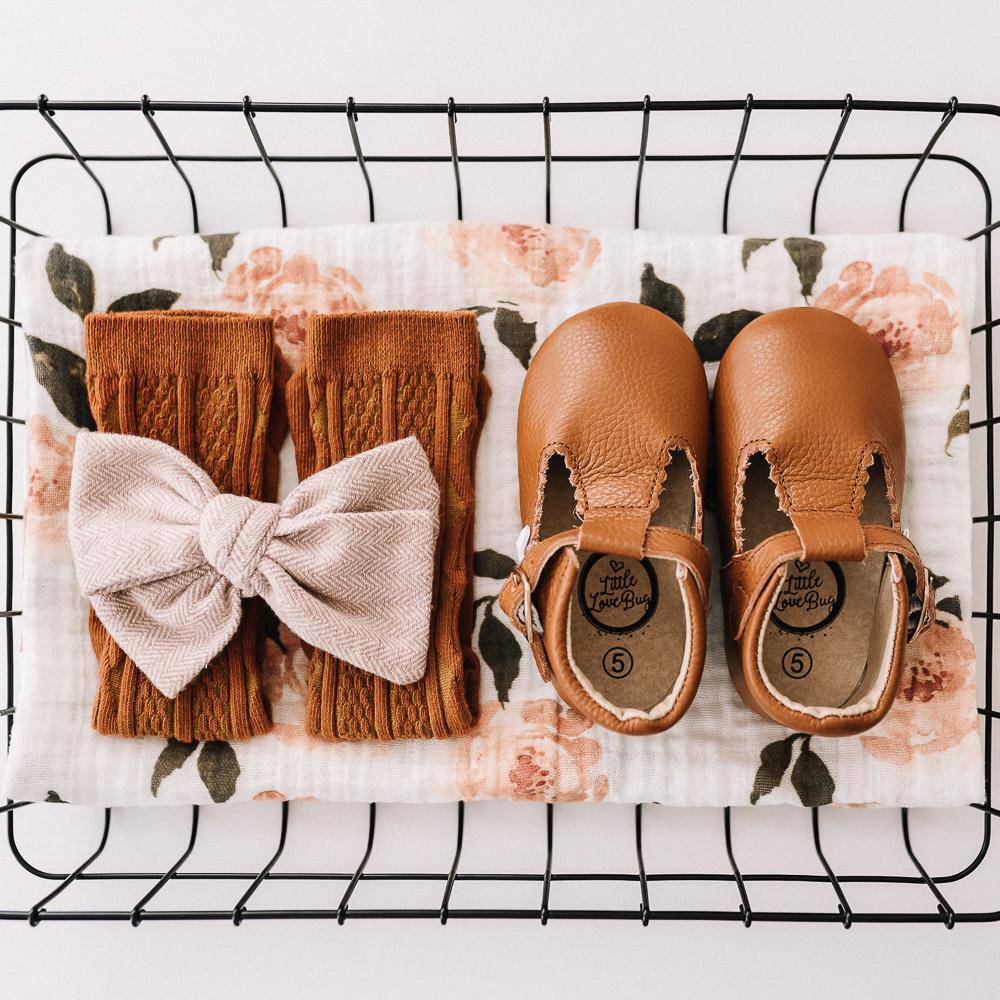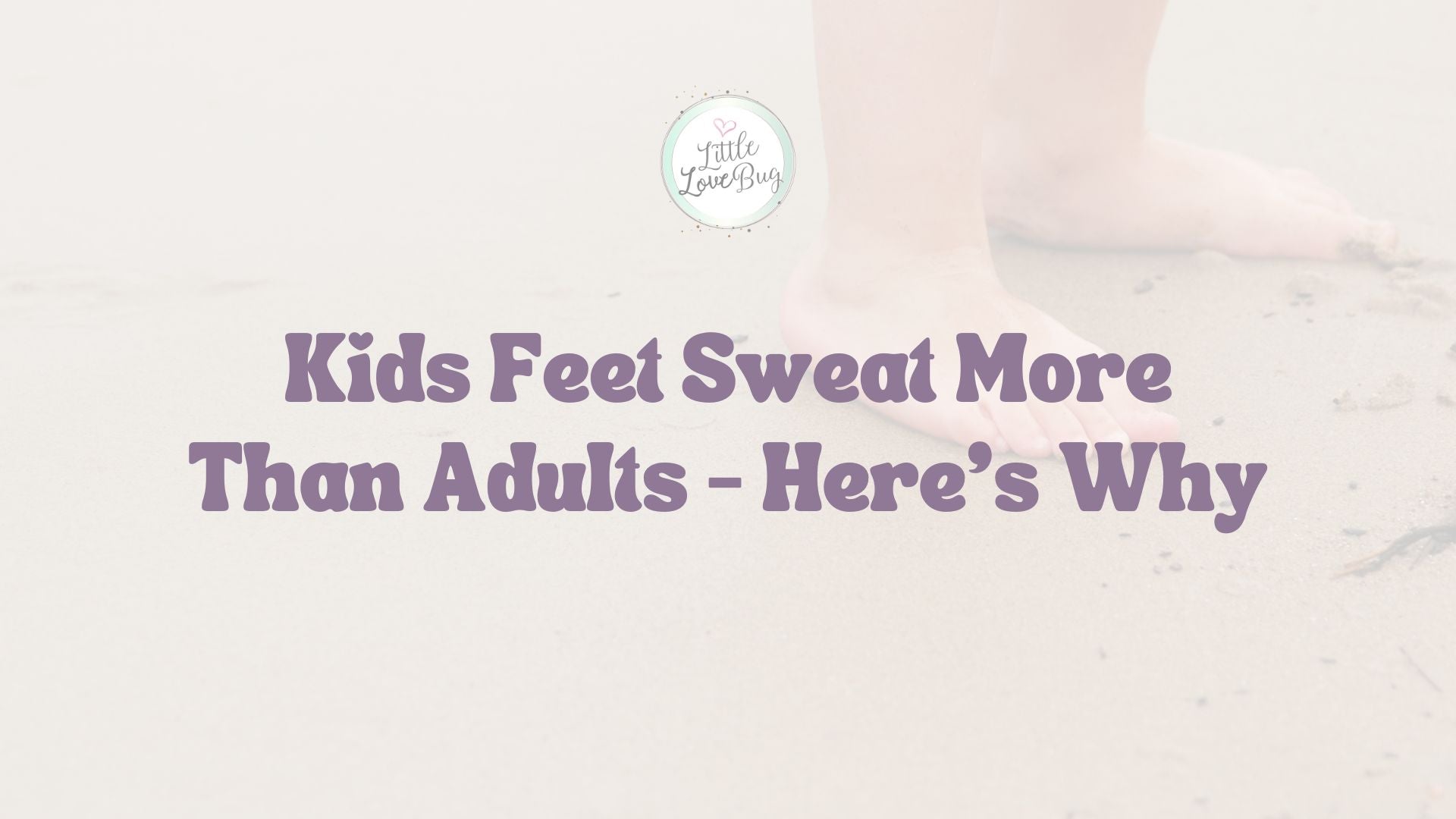
Kids Feet Sweat More Than Adults – Here’s Why
Sweat is a natural and necessary bodily process, but when it comes to kids feet, it can seem excessive. It's true that children tend to sweat more from their feet than adults, but why is that? In this blog post, we'll explore the reasons why kids feet sweat more than adults and what can be done about it.
The science behind why kids sweat more
Sweat is our body's natural cooling mechanism and helps to regulate our temperature. Kids sweat more than adults, because their bodies are still developing and they have a higher metabolic rate. Kids' bodies tend to heat up faster than adults when active, so their sweat glands become more active in order to cool them down.
Children also have more sweat glands than adults, which means they produce more sweat. When it comes to feet, the most common cause of sweating is the presence of sweat glands in the feet, which can be particularly active in kids. The reason for this is that sweat glands in the feet are connected to the same nerve pathways as those found in the face, head and torso, so when the body temperature increases, the feet may also become warmer and sweat more.
Sweating is completely normal and even healthy for kids, as it helps their bodies regulate their temperature. However, if your child’s feet seem to be excessively sweaty, it could be an indication of a medical issue such as hyperhidrosis, a condition where the body produces too much sweat. In this case, it’s best to consult your doctor for further advice.
How to tell if your child is sweating too much
One of the most important aspects of keeping your child’s feet healthy is knowing if they are sweating too much. The easiest way to tell is by looking at the soles of their feet. If the soles of their feet are wet and damp, this could be a sign of excessive sweating.
Another indication that your child is sweating too much is if their socks are consistently wet and uncomfortable. If you notice that your child’s socks are constantly soaked, it is likely that their feet are producing too much sweat.
Additionally, you can tell if your child is sweating too much if you smell a distinct odor coming from their feet. This smell may be due to bacteria growing in the damp environment caused by excessive sweating. If this smell persists, it may be a sign that your child is sweating too much.
Finally, if your child complains of discomfort when wearing shoes, it may also be a sign that they are sweating too much. The moisture can cause the material to become uncomfortable and irritate the skin on their feet.
If you suspect that your child is sweating too much, it is important to talk to your doctor or podiatrist. They will be able to provide more detailed advice on how to keep your child’s feet healthy and dry.
Tips for keeping your child's feet dry
1. Change their socks often: Make sure to keep your child's feet dry by changing their socks several times a day. This will help to absorb moisture and keep the feet from becoming too damp. If they get wet, make sure to dry them off immediately.
2. Wear breathable shoes: Look for shoes made of breathable materials like leather or canvas. Avoid plastic and rubber shoes as they can cause the feet to become too hot and sweaty.
3. Powder your child's feet: Sprinkle a bit of baby powder or talcum powder on your child's feet before putting on their shoes. This will help to keep them cool and absorb any excess moisture.
4. Avoid tight-fitting shoes: Shoes that are too tight can restrict airflow and cause the feet to become too hot and sweaty. Make sure to get shoes that fit properly and leave some room for the feet to breathe.
5. Use antiperspirant: Antiperspirants designed specifically for the feet can be effective in keeping them dry. Apply them to the bottoms of your child's feet after showering or before bedtime.
6. Have your child soak their feet: Soaking the feet in a cool bath or foot soak can help to reduce sweat and keep them dry. Make sure to follow up with a good drying off and dusting of talcum powder before putting on socks and shoes.
The science behind why kids sweat more
Sweat is our body's natural cooling mechanism and helps to regulate our temperature. Kids sweat more than adults, because their bodies are still developing and they have a higher metabolic rate. Kids' bodies tend to heat up faster than adults when active, so their sweat glands become more active in order to cool them down.
Children also have more sweat glands than adults, which means they produce more sweat. When it comes to feet, the most common cause of sweating is the presence of sweat glands in the feet, which can be particularly active in kids. The reason for this is that sweat glands in the feet are connected to the same nerve pathways as those found in the face, head and torso, so when the body temperature increases, the feet may also become warmer and sweat more.
Sweating is completely normal and even healthy for kids, as it helps their bodies regulate their temperature. However, if your child’s feet seem to be excessively sweaty, it could be an indication of a medical issue such as hyperhidrosis, a condition where the body produces too much sweat. In this case, it’s best to consult your doctor for further advice.
How to tell if your child is sweating too much
One of the most important aspects of keeping your child’s feet healthy is knowing if they are sweating too much. The easiest way to tell is by looking at the soles of their feet. If the soles of their feet are wet and damp, this could be a sign of excessive sweating.
Another indication that your child is sweating too much is if their socks are consistently wet and uncomfortable. If you notice that your child’s socks are constantly soaked, it is likely that their feet are producing too much sweat.
Additionally, you can tell if your child is sweating too much if you smell a distinct odor coming from their feet. This smell may be due to bacteria growing in the damp environment caused by excessive sweating. If this smell persists, it may be a sign that your child is sweating too much.
Finally, if your child complains of discomfort when wearing shoes, it may also be a sign that they are sweating too much. The moisture can cause the material to become uncomfortable and irritate the skin on their feet.
If you suspect that your child is sweating too much, it is important to talk to your doctor or podiatrist. They will be able to provide more detailed advice on how to keep your child’s feet healthy and dry.
Tips for keeping your child's feet dry
1. Change their socks often: Make sure to keep your child's feet dry by changing their socks several times a day. This will help to absorb moisture and keep the feet from becoming too damp. If they get wet, make sure to dry them off immediately.
2. Wear breathable shoes: Look for shoes made of breathable materials like leather or canvas. Avoid plastic and rubber shoes as they can cause the feet to become too hot and sweaty.
3. Powder your child's feet: Sprinkle a bit of baby powder or talcum powder on your child's feet before putting on their shoes. This will help to keep them cool and absorb any excess moisture.
4. Avoid tight-fitting shoes: Shoes that are too tight can restrict airflow and cause the feet to become too hot and sweaty. Make sure to get shoes that fit properly and leave some room for the feet to breathe.
5. Use antiperspirant: Antiperspirants designed specifically for the feet can be effective in keeping them dry. Apply them to the bottoms of your child's feet after showering or before bedtime.
6. Have your child soak their feet: Soaking the feet in a cool bath or foot soak can help to reduce sweat and keep them dry. Make sure to follow up with a good drying off and dusting of talcum powder before putting on socks and shoes.





